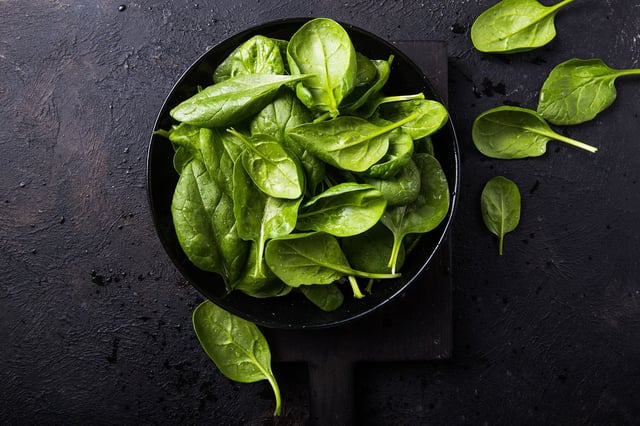Overview
- Published September 24 in the International Journal of Hygiene and Environmental Health, the study reports that people who eat more high-residue produce show higher levels of pesticide biomarkers in urine.
- The analysis combined USDA produce residue data from 2013–2018 with NHANES dietary and urine data from 1,837 participants to create a dietary pesticide exposure score.
- Specific foods such as spinach, strawberries and bell peppers were tied to higher biomarker levels, with the association becoming clear only after excluding potatoes due to varied preparation and consumption.
- Researchers documented residues from 178 pesticides on produce, but only 42 had matching urine biomarkers, highlighting limited biomonitoring coverage and real-world mixture exposures.
- EWG recommends washing produce and choosing organic for high-residue items, while CropLife America says EPA assesses combined exposures for chemicals with shared mechanisms.



